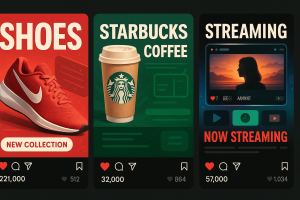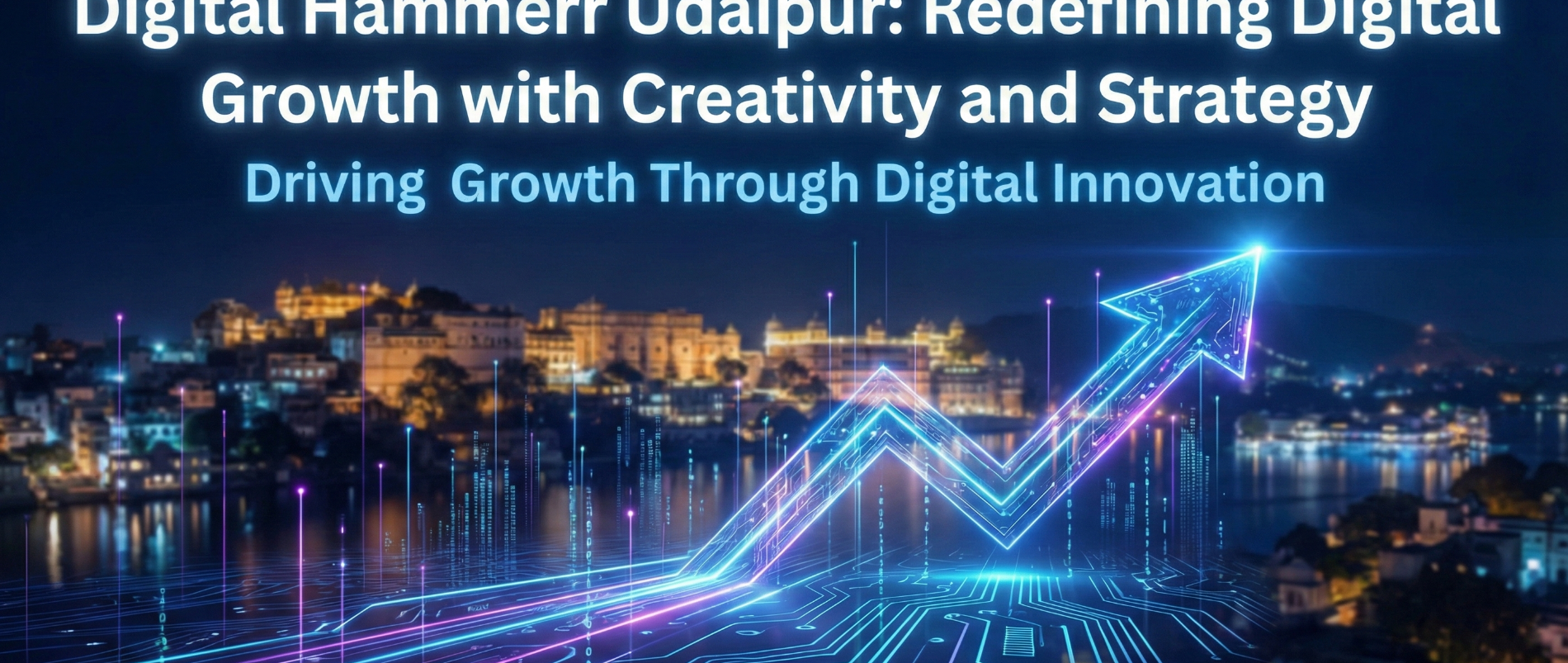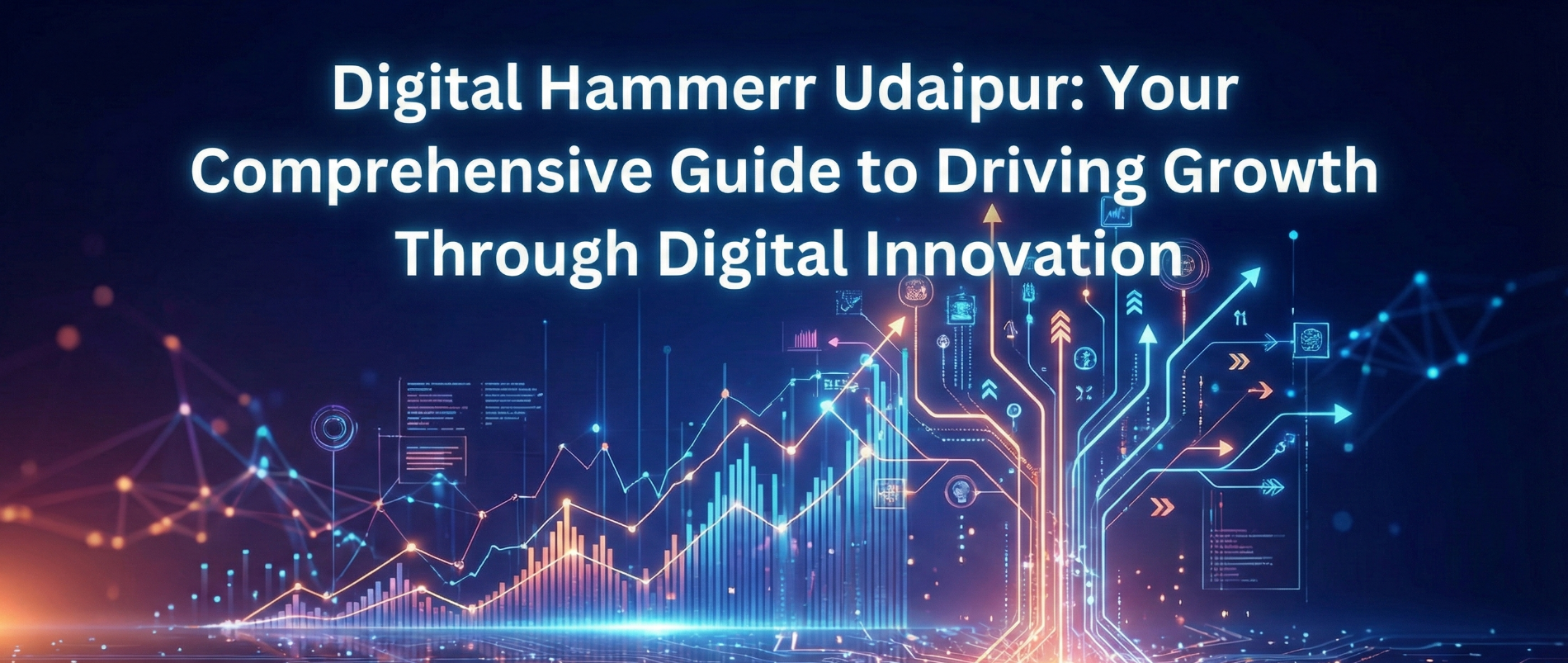Social Media Page Management: How to Build Smarter, Stronger Digital Brands
Introduction
In today’s hyper-connected world, social media is the heartbeat of brand communication. Platforms like Facebook, Instagram, LinkedIn, Twitter (X), and TikTok are no longer just platforms for interaction—they’re strategic marketing ecosystems where businesses build awareness, connect with audiences, and drive measurable sales.
However, simply being present online isn’t enough. True success lies in strategic social media page management—the process of creating, scheduling, monitoring, and optimizing content to achieve business goals.
Let’s explore what social media page management means, why it matters, and how AI is revolutionizing it.
What is Social Media Page Management?
Social media page management is the strategic process of handling a brand’s presence across different social media platforms.
It involves a combination of creativity, analytics, and customer engagement, including:
-
Content creation and publishing
-
Audience engagement and communication
-
Community building and reputation management
-
Performance tracking and analysis
-
Paid campaigns and optimization
With AI-powered tools, businesses can now manage all these aspects seamlessly—saving time, improving quality, and maximizing returns.
Why Social Media Page Management Matters for Businesses
1. Builds Brand Awareness
- A consistent social media presence ensures your brand remains visible to the right audience.
AI helps personalize campaigns, analyze trends, and maximize visibility across platforms.
2. Enables Real-Time Customer Engagement
Customers expect instant replies. AI chatbots and automated responses allow businesses to engage 24/7—building trust and satisfaction.
3. Drives Traffic and Sales
Effective posting and linking strategies guide users directly to your website or online store—turning followers into buyers.
4. Offers Cost-Effective Marketing
Compared to traditional media, social media marketing is more affordable, measurable, and scalable.
AI tools ensure optimal ad spend allocation for higher ROI.
5. Builds Customer Loyalty
Personalized offers, meaningful conversations, and engaging content foster long-term brand loyalty and repeat customers.
Key Components of Social Media Page Management
1. Content Creation & Design
-
Includes graphics, videos, reels, stories, and blogs.
-
AI tools like Canva AI, ChatGPT, and Midjourney help generate professional visuals, captions, and hashtags.
-
Maintain consistent branding (colors, tone, and style) across all channels.
2. Content Scheduling & Publishing
-
Pre-scheduling posts ensures consistency and saves time.
-
AI tools analyze follower activity to post at peak engagement times.
-
Platforms like Buffer, Hootsuite, and Meta Business Suite simplify publishing across multiple channels.
3. Audience Engagement & Community Building
-
Respond to comments, messages, and mentions promptly.
-
Host polls, quizzes, and live Q&A sessions to increase interaction.
-
Use AI chatbots to automate quick responses while maintaining a human touch.
4. Performance Tracking & Analytics
-
AI-powered dashboards track metrics like:
-
Reach
-
Engagement rate
-
Impressions
-
Conversion rate
-
-
Identify top-performing content and replicate what works.
-
Monitor competitors for strategic insights.
5. Paid Ads & Promotions
-
Manage campaigns on Facebook, Instagram, YouTube, LinkedIn, and other networks.
-
AI tools optimize audience targeting, creative testing, and budget allocation.
-
Run retargeting campaigns to convert previous visitors into customers.
Benefits of AI-Powered Social Media Management
✅ Saves time through automation in scheduling, replies, and analytics.
✅ Boosts ROI with intelligent ad optimization.
✅ Enhances customer experience with personalized engagement.
✅ Provides data-driven insights for smarter decisions.
✅ Strengthens brand image through consistency and relevance.
✅ Levels the playing field, enabling small businesses to compete with larger brands.
Real-World Success Stories
Nike
Uses AI-driven storytelling to engage millions with motivational content that resonates globally.
Starbucks
Incorporates customer feedback and polls to drive loyalty and personalize offers.
Netflix
Uses AI to create region-specific memes and content, increasing engagement and relatability.
The Future of Social Media Page Management
AI-Powered Personalization
AI will continue delivering hyper-targeted content that speaks directly to individual interests and behaviors.
Voice & Video-First Marketing
Expect more live sessions, reels, podcasts, and interactive storytelling formats.
Social Commerce Expansion
Direct purchasing options through Instagram Shops, Facebook Marketplace, and TikTok Shop will redefine e-commerce.
AR/VR Integration
Virtual try-ons and immersive brand experiences will become common for retail and lifestyle brands.
Predictive Analytics
AI will anticipate market shifts and consumer preferences—helping brands stay ahead of trends.
Conclusion
Social media page management is no longer a marketing option—it’s a business essential.
With AI-driven tools, brands can now create meaningful content, interact effectively, analyze performance in real-time, and run smarter ad campaigns.
For any business—big or small—effective social media management translates to:
Greater visibility
Deeper engagement
Higher sales
Stronger loyalty
The future belongs to brands that embrace AI-powered social media management—where creativity meets technology for smarter, faster, and more impactful growth.





